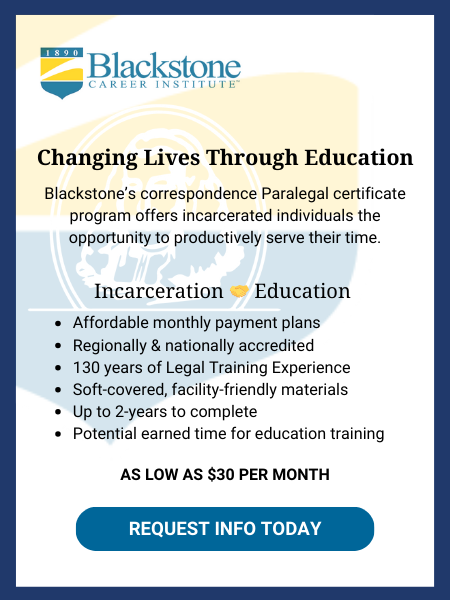Vt Rec and Leisure Policies 1995
Download original document:

Document text

Document text
This text is machine-read, and may contain errors. Check the original document to verify accuracy.
Policy 308 Recreation And Leisure Services STATE OF VERMONT AGENCY OF HUMAN SERVICES DEPARTMENT OF CORRECTIONS Policy: 308 Subject: Recreation And Leisure Services Effective Date: August 15, 1995 Review and Re-Issue Date: Supersedes: NEW APA Rule Number: Recommended for approval by: Authorized By: _____________________________________ Signature Date _____________________________________ Signature Date 1. Authority: The authority for this policy is derived from Department Policy 02.- Policy, Directive & Procedure Development. 2. Purpose: To establish a policy on recreation and leisure services which promotes: 1. The provision of recreation and leisure services for inmates in the correctional facilities; 2. Involvement of the community, staff, and inmates themselves as leaders and role models; 3. Education for use of leisure time, including leisure awareness, values and skills; and 4. The constructive use of leisure time both during incarceration and following release. 3. Applicability/Accessibility All individuals and groups, including volunteers affected by the operations of the Department. Anyone may have a copy of this policy. 4. Policy POLICY STATEMENT The Department of Corrections believes that constructive use of leisure time is an integral part of personal growth which can be a crucial element in an offender's attempt to develop a pro-social lifestyle. Providing Page 1 of 3 Policy 308 Recreation And Leisure Services opportunities to learn leisure skills is intended to promote positive personal changes in offenders. It is important to introduce recreational and leisure activities that the offender can continue in the community upon release. These activities also develop skills which he/she can use to establish stronger family relationships. Offender use of leisure time should be directed to areas that help develop interpersonal skills, physical and mental health, and personal growth. Recreation is most effective if it allows a flexible choice of quality programs and activities. Leisure education, cultural activities, and correctional recreation help prepare the offender for a positive lifestyle in his/her community. Therefore, the Director of Program Services shall develop directives that will: 1. Establish Recreation and Leisure Services Programs in each correctional facility; 2. Establish an Inmate Recreation and Leisure Services Committee in each facility representing the recreational needs and interests of the entire population; 3. Ensure that each facility has a Recreation Coordinator funded at least in part by the Recreation and Leisure Services Fund (inmate-generated canteen, phone & vending funds); 4. Establish that each Superintendent is responsible to develop operating budgets to implement and maintain local facility programs, including the remaining cost of the Recreation Coordinator; 5. Establish a close working relationship with the Department of Forests, Parks & Recreation and other technical resources in order to utilize their professional resources and expertise; 6. Ensure that the Recreation and Leisure Services Program is evaluated biannually in collaboration with the Department of Forests, Parks & Recreation; 7. Develop processes that ensure that the community is closely involved in the implementation of this policy, including where feasible, partnership programs with local community recreation services. GOALS The goals regarding recreation and leisure time are: 1. To assess each inmate's knowledge and use of leisure skills. . 2. To introduce each inmate to leisure programs available during incarceration. 3. To provide an opportunity for learning skills for constructive use of leisure time. Page 2 of 3 Policy 308 Recreation And Leisure Services 4. To increase the amount of productive time in facilities. 5. To increase the participation of the community in leisure programs. 6. To give offenders opportunities to have hands-on experience running recreation and leisure services activities. 7. To teach offenders leisure skills through example. 8. To encourage the transition of new leisure skills and knowledge from correctional facilities to the community. 5. Training Method 5.1. 6. Quality Assurance Processes 6.1. 7. Financial Impact: 7.1. References 7.2. 8. Responsible Director and Draft Participants Page 3 of 3





